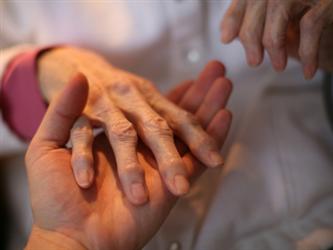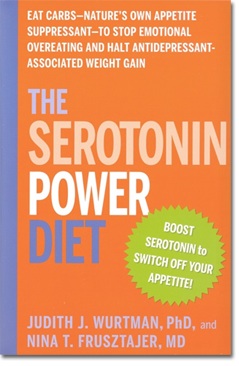
Roughly a quarter of people age 65 or older suffer from depression. More than half of doctor’s visits by the elderly involve complaints of emotional distress. Twenty percent of suicides in this country are committed by seniors, with the highest success rate belonging to older, white men. According to a recent report in the “Journal of the American Geriatrics Society,” depression is one of the major causes of decline in the health-related quality of life for senior citizens.
Why all the depression? Rafi Kevorkian, M.D. calls them the five D’s: disability, decline, diminished quality of life, demand on caregivers, and dementia. To combat senior depression, then, requires coming up with creative methods to counter the five D’s. Here are 12 strategies to do just that, to help people break free from the prison of depression and anxiety in their senior years.
1. Separate the illness from depression.
Depression in seniors is more complicated to identify and treat than that of younger folks because of all the other illnesses involved. For example, Parkinson’s disease directly effect brain chemistry and can exacerbate depressive symptoms. Estimates show that 25 percent of cancer patients are depressed and as many as 50 percent of stroke patients suffer from depression.
Karen Swartz, M.D., Director of Clinical Programs at Johns Hopkins, maintains that patients with co-existing depression and chronic illnesses tend to focus more on the physical ailment, and therefore delay or impede full recovery from a mood disorder. Her advise? “Treat both the depression and the chronic illness simultaneously, setting aggressive treatment goals for both…. Do not settle for substandard treatment results–if one or both conditions is/are not responding to treatment, intensify or switch approaches.” Also be sure there is cooperation and clear communication between your doctor and your mental health provider.
2. Watch the drinks.
Did you think teenagers were most at risk for substance abuse? Actually, alcohol and drug abuse are very prevalent among people over age 60, affecting 17 percent of older adults. It’s not uncommon for seniors to self-medicate with alcohol and drugs as a way of coping with their loneliness or dealing with chronic pain. Hell, I can’t say I blame them.
But it’s bad, bad news. For one, alcohol is a depressive and is going to depress you even more (once you come down from the buzz of course). Popping sedatives can be lethal, especially when taken in combination with alcohol. Alcohol and drugs can also interfere with the effects of medications taken for diabetes, heart disease, and other common conditions among seniors. And finally, substance abuse increases the risk of suicide, especially in older men.
In other words, pour with caution.
3. Try Tai Chi.
Because disability and diminished quality of life are two of the D’s of senior depression, older people would be smart to invest in some fall insurance–to do whatever they can to prevent falls. The fear of falling is legitimate among the elderly because approximately 33 percent of Americans ages 65 or older fall at least once a year. And when you consider the rates of osteoporosis, arthritis, and weak cardiopulmonary systems among elderly, healing from a fracture isn’t so easy.
Therefore, take up an exercise program like Tai Chi, a martial art that teaches agility, slow movement, and coordination between body and mind. Tai Chi has been proven to prevent falls among seniors because it builds balance, core strength, and confidence. Strength training with either free weights or resistance rubber bands is also beneficial. And yoga, too.

